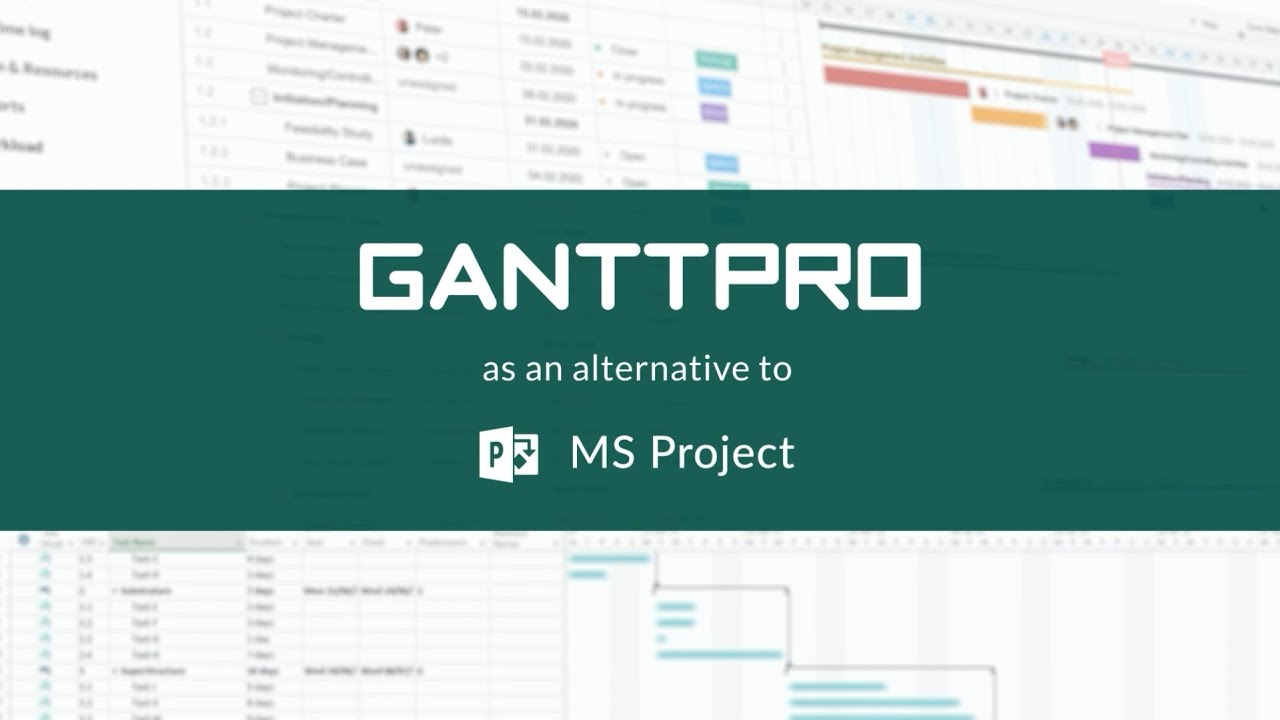Cost Management and its Impact on Project Scheduling and Resource Allocation
Cost management is a crucial aspect of project management that helps in effectively allocating resources and scheduling tasks to complete a project within budget and on time. This process involves estimating costs, monitoring expenses, and controlling budget to ensure that the project stays within the approved budget and timeline.
What is Cost Management?
Cost management is the process of identifying, estimating, and controlling the cost of a project. The goal of cost management is to ensure that the project remains within the approved budget and timeline. Cost management involves several steps, including:
Estimating Costs
The first step in cost management is to estimate the costs of the project. This includes estimating the costs of materials, labor, and other resources required to complete the project.
Tracking Expenses
Once the costs have been estimated, the next step is to track expenses throughout the project. This involves monitoring actual spending against the estimated costs and making adjustments as needed to keep the project within budget.
Controlling Budget
The final step in cost management is to control the budget. This involves making decisions about how to allocate resources and prioritize tasks to ensure that the project stays within budget.
“Cost management is essential for ensuring that projects are completed on time and within budget.” - PMI
Benefits of Cost Management for Project Scheduling and Resource Allocation
Cost management has several benefits for project scheduling and resource allocation. These benefits include:
Improved Project Planning
Cost management helps in improved project planning by providing accurate information about the costs and resources required to complete the project. This information can be used to create a detailed project schedule that takes into account the available resources, budget, and timeline.
Better Resource Allocation
Cost management also helps in better resource allocation by providing information about the costs associated with each task in the project. This information can be used to allocate resources more effectively, prioritize tasks, and make informed decisions about how to allocate resources to meet the project’s goals.
Increased Project Visibility
By tracking expenses and monitoring spending, cost management provides increased visibility into the project. This increased visibility makes it easier to identify potential issues, adjust resources as needed, and make informed decisions about how to allocate resources to meet the project’s goals.
How Cost Management Supports Project Scheduling
Cost management plays a major role in project scheduling by providing information about the costs and resources required to complete the project. This information is used to create a detailed project schedule that takes into account the available resources, budget, and timeline.
Gantt Charts
One of the most common tools used in project scheduling is a Gantt chart. A Gantt chart is a visual representation of the project schedule that shows the start and end dates for each task and the relationships between tasks. Gantt charts can be created using a variety of software, including Microsoft Project, Wrike, ClickUp, Monday.com, Smartsheet, and GanttPRO.
Resource Allocation
In addition to providing information about the costs and resources required to complete the project, cost management also helps in resource allocation by providing information about the costs associated with each task in the project. This information can be used to allocate resources more effectively, prioritize tasks, and make informed decisions about how to allocate resources to meet the project’s goals.
“Gantt charts provide a visual representation of the project schedule, making it easier to understand the relationships between tasks and allocate resources effectively.” - Forbes
How Cost Management Supports Resource Allocation
Cost management plays a major role in resource allocation by providing information about the costs associated with each task in the project. This information can be used to allocate resources more effectively, prioritize tasks, and make informed decisions about how to allocate resources to meet the project’s goals.
Resource Utilization
One of the key benefits of cost management for resource allocation is improved resource utilization. By providing information about the costs associated with each task, cost management can help project managers make informed decisions about how to allocate resources to meet the project’s goals.
Prioritizing Tasks
Cost management also helps in prioritizing tasks by providing information about the costs associated with each task in the project. This information can be used to prioritize tasks based on their importance and allocate resources accordingly.
“Cost management provides valuable information about the costs associated with each task in the project, making it easier to prioritize tasks and allocate resources effectively.” - Amazon### Budgetary Control
Finally, cost management helps in budgetary control by providing information about actual spending and comparing it to the approved budget. This information can be used to identify areas where spending is exceeding the budget and take corrective action to bring the project back within budget.
“Cost management helps in budgetary control by providing valuable information about actual spending and comparing it to the approved budget.” - Times
Conclusion
In conclusion, cost management plays a crucial role in project management by providing information about the costs and resources required to complete the project. This information is used to create a detailed project schedule, allocate resources more effectively, prioritize tasks, and control the budget. By using cost management techniques, project managers can ensure that projects are completed on time and within budget.

